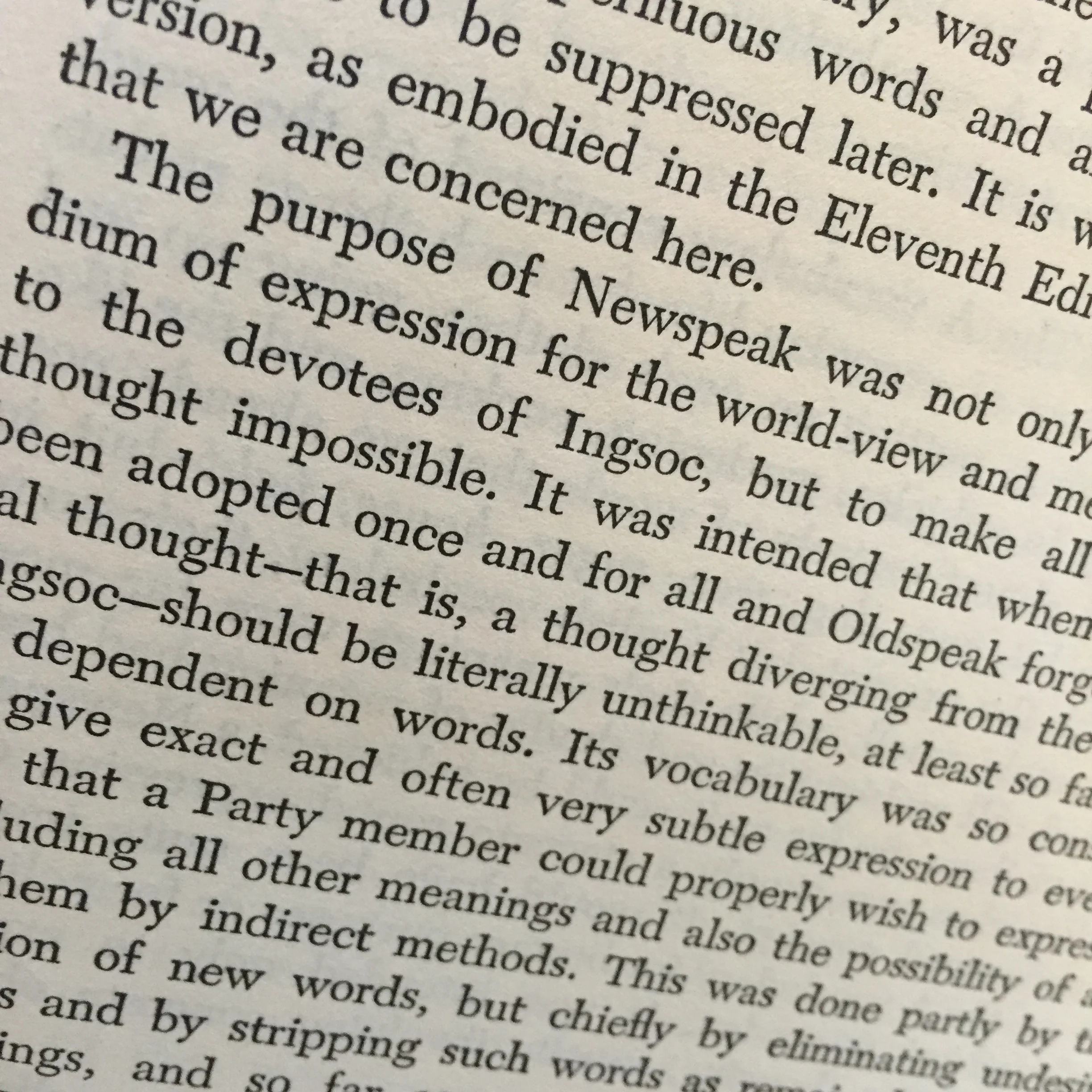All in Semantic Web
Perspectives on the NSA and PRISM: What Dyson Missed
In NSA: The Decision Problem George Dyson lays out a credible historical view on why he thinks what Snowden revealed about the NSA and PRISM was inevitable. While it’s certainly a pleasure to read a discussion of these issues that is so thoughtful, I think he misses one major theme that helps us understand our current predicament over what to do about Snowden.
What Google is doing with Google Instant is beginning to expose some of the inner workings of its internal processes in real time. Making the fine tuning of this process more “social” and also responsive to realtime user tuning could be next and might be one way that Google Wave based technology finds its way into Search.
Needed: Managing Variety in Technology Adoption Rates
I wrote Sometimes a phone is just a phone and a web site is just a web site because different people adopt different technologies at different rates. Those rates depend on need, cost, peer influence, job responsibilities, and many other factors.
Understanding Context in National Online Public Dialogs
So how are we doing in terms of increasing public involvement in creating, assessing, and commenting on public policies?
How We Use Media Will Drive Development of a Real Time Web
Why do we use media?
What got me thinking about this was a recent post by Robert Scoble about the “real-time web.” Scoble’s focus was on the technical standards and processes that are evolving to support the use of the web for instantaneous two way communication.
In How Microsoft Can Win The PC/Mac Campaign my friend Jeremiah Owyang asked for comments about the new Microsoft “I’m a PC” advertising campaign.
What Comes After Web Sites and Online Social Networks?
Today we use the web in many ways. Traditional web sites — “places we go” on the web to do things — still exist. But increasingly, web based transactions also depend on the nature of our online relationships with other people.
One year ago I published Balkanization of the Web - or Just Better Focus? There I expressed concern that the proliferation of specialized search engines — and the indexing to support them — would lead to a more fragmented web. I thought that gaining the benefits of specialization could ultimately reduce the benefits we experience from the nearly universal access to web based contents that we’ve been taking for granted.
Reuters recently released Calais to developers. Calais is a set of software tools and rules that read text and automatically assign various tags based on an analysis of the text. Calais outputs tags in the following categories:





